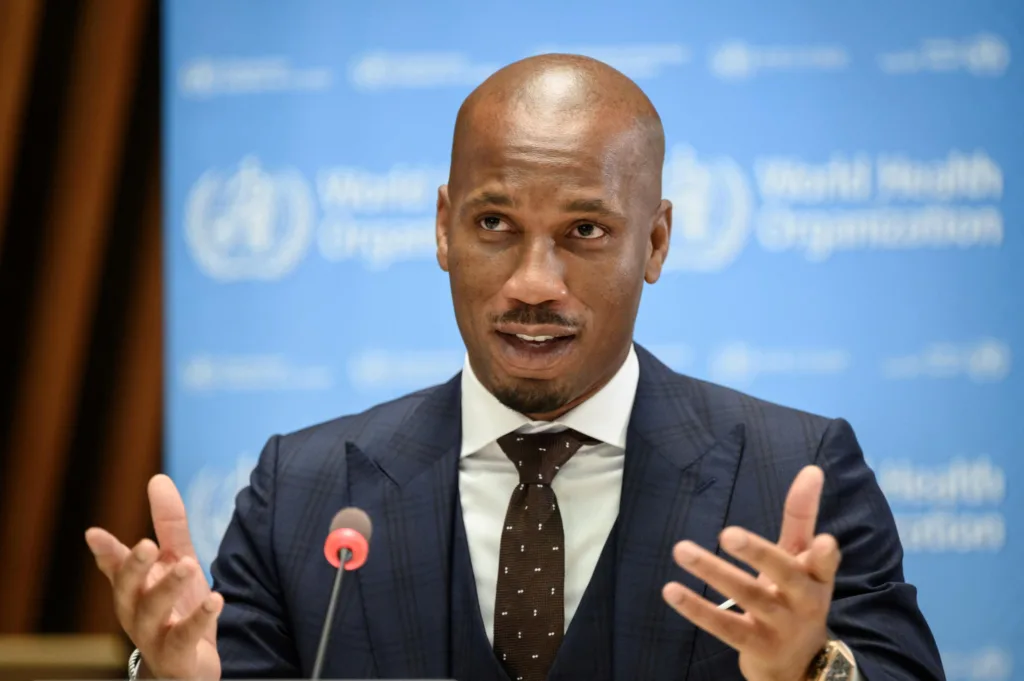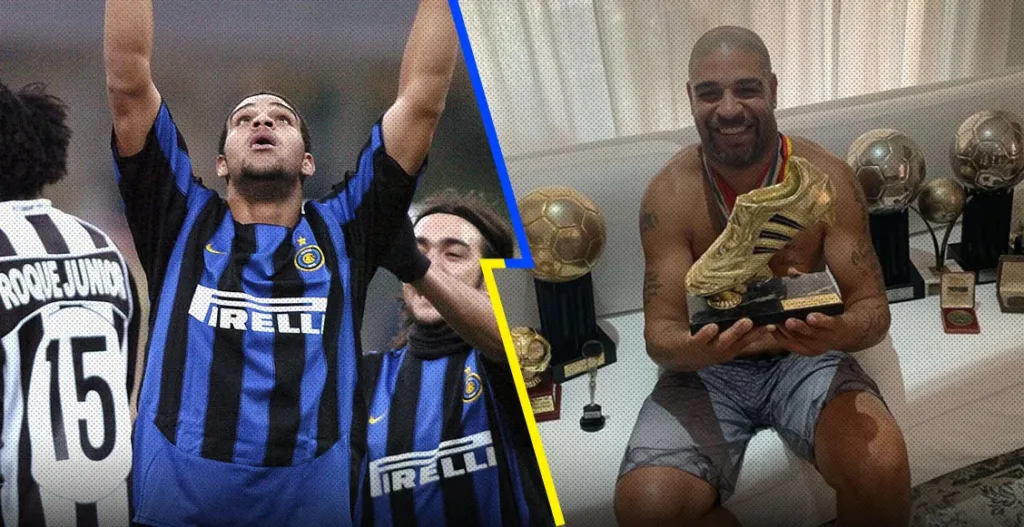Retiring from professional football marks a significant milestone in a players career and is gaining more attention from governing bodies such as the FA and PFA. It’s a transition that brings about a myriad of changes, both anticipated and unexpected, as players step into a new phase of life beyond the pitch. Unlike many other professions, athletic retirement often comes earlier in life, presenting unique challenges that athletes must navigate. This abrupt transition raises important questions: Why is the post-retirement phase of players’ lives undervalued? And how can the football community better support these athletes as they embark on their next chapter?
The Undervalued Narrative
The story of a football player’s life typically focuses on their rise to fame, glory on the pitch, and their eventual retirement. Rarely, however, does it delve into what happens next. Yet, for most players, retirement occurs in their 30s or early 40s, leaving them with decades of life ahead. During this phase, many players grapple with finding a new purpose, financial instability, and even mental health challenges.
This oversight can be attributed to the intense focus on performance and competition during their active careers. Clubs, agents, and sponsors often prioritize immediate results over long-term well-being, leaving players ill-prepared for the day they no longer play professionally. Moreover, fans and media often move on quickly, further perpetuating the notion that a player’s value diminishes once they retire.
Why It Matters
The challenges faced by retired players are not just personal; they have societal implications. Former players possess a wealth of experience, leadership skills, and a deep understanding of the game. When these attributes are channeled effectively, retired players can make significant contributions to the sport and beyond. However, without adequate preparation, many struggle to leverage their unique skills.
Statistics paint a grim picture: a large percentage of former professional athletes face financial difficulties within a few years of retiring. Others experience feelings of isolation or loss of identity, having devoted their lives to a singular pursuit. These challenges underscore the urgent need for structured support systems to guide players through this transition.
Building a Brighter Future
Preparing players for life after football is not just a moral obligation; it is a strategic investment in the sport’s ecosystem. Several initiatives and strategies can help address this gap:
- Education and Skill Development: Clubs and governing bodies can offer educational programs to help players develop skills outside of football. Courses in finance, business management, coaching, or media training can open up diverse career paths.
- Mentorship Programs: Connecting retiring players with mentors who have successfully transitioned to new careers can provide valuable guidance and inspiration.
- Financial Planning: Early financial education can help players manage their earnings wisely, ensuring long-term stability. This includes advice on investments, savings, and avoiding common pitfalls like overspending.
- Opportunities in Football: Retired players can remain connected to the sport as coaches, analysts, or scouts. Leveraging their expertise can enrich the game and provide fulfilling second careers.
- Mental Health Support: Offering counseling and psychological support can help players navigate the emotional challenges of retirement, from loss of identity to adapting to a new routine.
Inspirational Stories

Several retired players have successfully reinvented themselves, proving that life after football can be equally rewarding. For instance, Gary Neville transitioned into a celebrated pundit and businessman, co-owning Salford City FC. Similarly, Didier Drogba has become a philanthropist and ambassador for various causes, leveraging his global influence to make a difference.
From the Pitch to the Track: Fabien Barthez’s Motorsport Journey
Former French goalkeeper Fabien Barthez, known for his agility on the field, found a new passion in motorsport. After retiring from football, Barthez took to the racing track and competed in endurance races like the 24 Hours of Le Mans. His results have been impressive, finishing 8th in 2016, and he continues to enjoy his time in motorsport, proving that an athletic mindset can adapt to various disciplines (Squawka).
Investing in Business Ventures: Lukas Podolski and His Kebab Empire
Lukas Podolski, another former footballer, turned his attention to the food industry. Podolski invested in a kebab business that has grown into a multi-million dollar enterprise. This venture highlights how footballers can utilize their resources and brand power to become successful entrepreneurs. Similarly, some former athletes have explored more niche markets, such as growing cannabis-related products, including autoflower seeds, due to the increasing popularity of the industry.
From the Locker Room to Entrepreneurship: Mathieu Flamini’s Biochemical Business
Mathieu Flamini took a different route by entering the biochemical industry. Co-founding GF Biochemicals, Flamini became a key player in the green energy sector. His success in business showcases how retired footballers can leverage their wealth and reputation to venture into high-stakes industries(The Ball Business).
Unconventional Careers: Grant Holt as a Wrestler and Jose Manuel Pinto as a Zumba Instructor
Some footballers have ventured into rather unconventional careers. Grant Holt, known for his strong presence on the pitch, made a surprising move to professional wrestling after hanging up his boots. Meanwhile, former Barcelona goalkeeper Jose Manuel Pinto became a Zumba instructor and has also succeeded as a music producer, with some of his tracks featured in Hollywood movies.
Another Way Around
But not all stories are success stories… Former England international Paul Gascoigne, once celebrated for his extraordinary talent, has faced struggles with mental health and addiction in retirement. Similarly, Dutch star Jordi Cruyff admitted to feeling lost after his playing career ended, illustrating the emotional void that often follows. Ex-Brazilian international Adriano struggled to adapt post-retirement, with reports of financial instability and personal challenges dominating his narrative. These examples highlight the importance of proactive support and guidance.

Conclusion
Practical Applications
- Educate football players about the challenges of transitioning into retirement and empower them to plan ahead.
- Foster a holistic approach to athlete development, emphasising life skills and identity beyond the football.
- Advocate for improved post-retirement support within sporting organisations and governing bodies such as the FA and PFA.
- Encourage athletes to build diverse social networks and interests throughout their careers.
- Promote ongoing dialogue and awareness around mental health and well-being in football.
- Provide tailored support and resources to retiring athletes, addressing their unique needs and concerns.
The football community must recognize that a player’s journey doesn’t end at retirement. By investing in post-retirement support, we ensure that players continue to thrive, contribute to the sport, and inspire future generations. After all, a footballer’s legacy isn’t just about the goals they score but also the impact they make off the pitch.